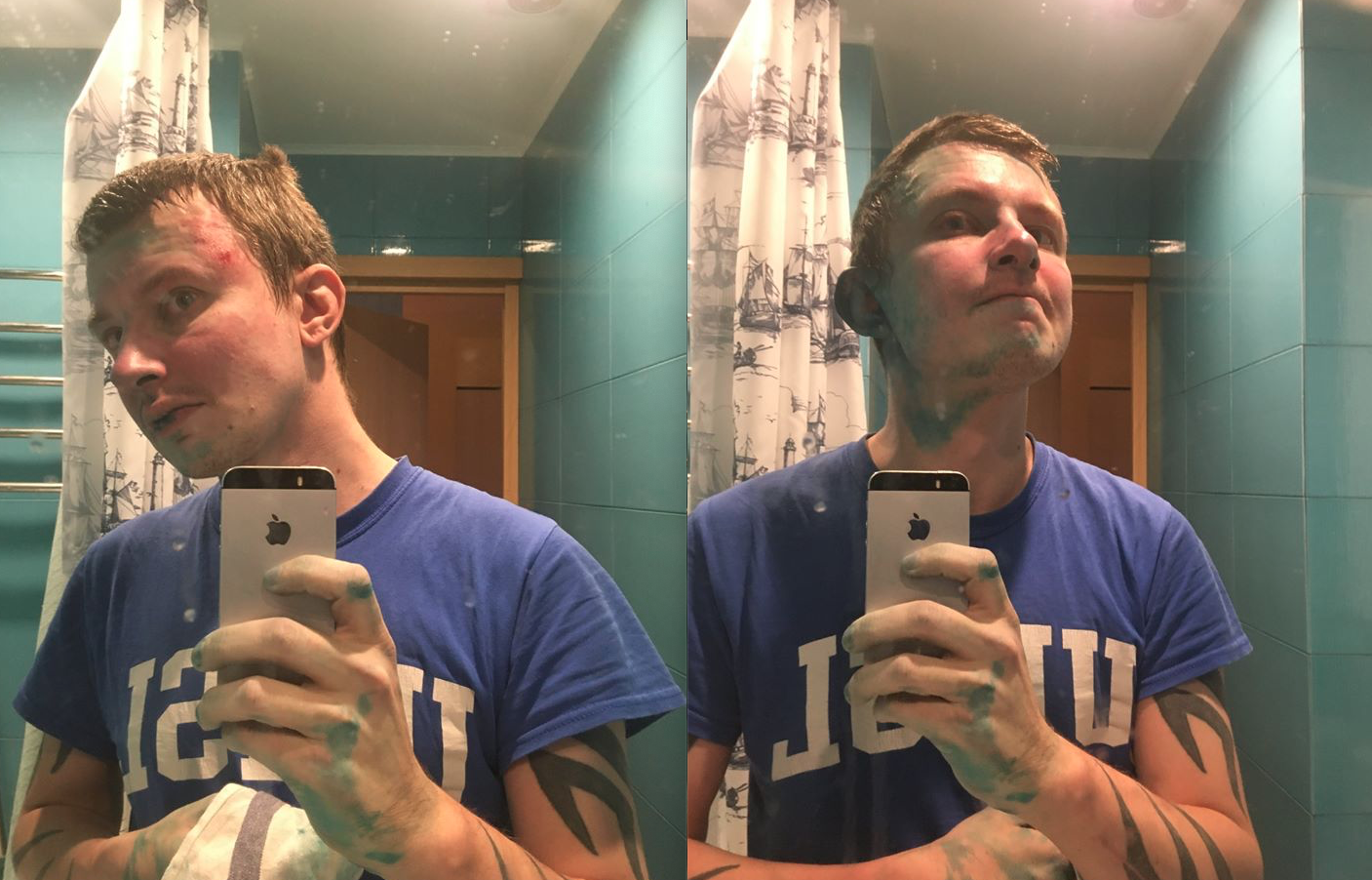Investigator into Russia's involvement in Syria and Ukraine attacked in Moscow
Ruslan Leviyev’s Conflict Intelligence Team (CIT) has been at forefront of open-source research into illicit military operations

Your support helps us to tell the story
From reproductive rights to climate change to Big Tech, The Independent is on the ground when the story is developing. Whether it's investigating the financials of Elon Musk's pro-Trump PAC or producing our latest documentary, 'The A Word', which shines a light on the American women fighting for reproductive rights, we know how important it is to parse out the facts from the messaging.
At such a critical moment in US history, we need reporters on the ground. Your donation allows us to keep sending journalists to speak to both sides of the story.
The Independent is trusted by Americans across the entire political spectrum. And unlike many other quality news outlets, we choose not to lock Americans out of our reporting and analysis with paywalls. We believe quality journalism should be available to everyone, paid for by those who can afford it.
Your support makes all the difference.An open-source researcher known for his work on Russia’s secret wars says he was attacked by unknown assailants in Moscow on Wednesday morning.
Ruslan Leviyev said he was doused with zelyonka, a green-dyed antiseptic often used in attacks on opposition figures, before being punched, near his home.
The activist sustained injuries to his jaw, forehead and temples, and likely lost consciousness before falling to the ground.
“I can’t recall every moment,” Mr Leviyev told The Independent. “All I remember is being approached by one man, with another following behind. The next memory is of me entering my home covered in green dye and with a splitting headache.”
The opposition activist has frequently found himself staring down some of Russia’s most dangerous men.
Beginning in May 2014, Mr Leviyev and his team of researchers at the Conflict Intelligence Team (CIT) spearheaded efforts to monitor Russia’s undercover military operations in Ukraine and Syria.
CIT pioneered new technology-based intelligence-gathering method, often using social media. Their work exposed many details of secret operations, including those involving pro-Kremlin mercenary groups like Wagner.
Throughout, Russia’s security agencies made it clear they disapproved of Mr Leviyev's activities, and subjected him to a campaign of surveillance, questioning and legal threats.
"They sent goons every time a big report was about to go live,” he told The Independent. “Presumably they track my telephone and movements around town.”
Mr Leviyev said surveillance stepped up over the summer. This followed an accusation that he was behind an anonymous social media channel that named and shamed police officers responsible for the violent arrests of protesters. He says the accusations were false, but the association stuck.
"I had all kinds of people on my doorstep after that,” Mr Leviyev said. “First came the state TV news crews. And when they left, a group of well-built men came looking for me.”
Mr Leviyev captured the men on CCTV, and shared the footage with a local blogger a few days ago. This, he reasoned, was the trigger for Wednesday's attack.
"I think it’s revenge for being identified in the media,” he said.
The activist said he was left without serious injury, and does not intend to report the matter to police. He was attacked in an area that was not covered by CCTV, he said. Moreover, it was "likely" his assailants were acting "in the interests of the police" anyway.
Violent attacks against activists and opposition politicians have a tendency not to be investigated in Russia.
In 2015, for example, the opposition leader Boris Nemtsov was shot dead in the shadows of the Kremlin. Authorities have yet to punish those who ordered his assassination.
Join our commenting forum
Join thought-provoking conversations, follow other Independent readers and see their replies
Comments